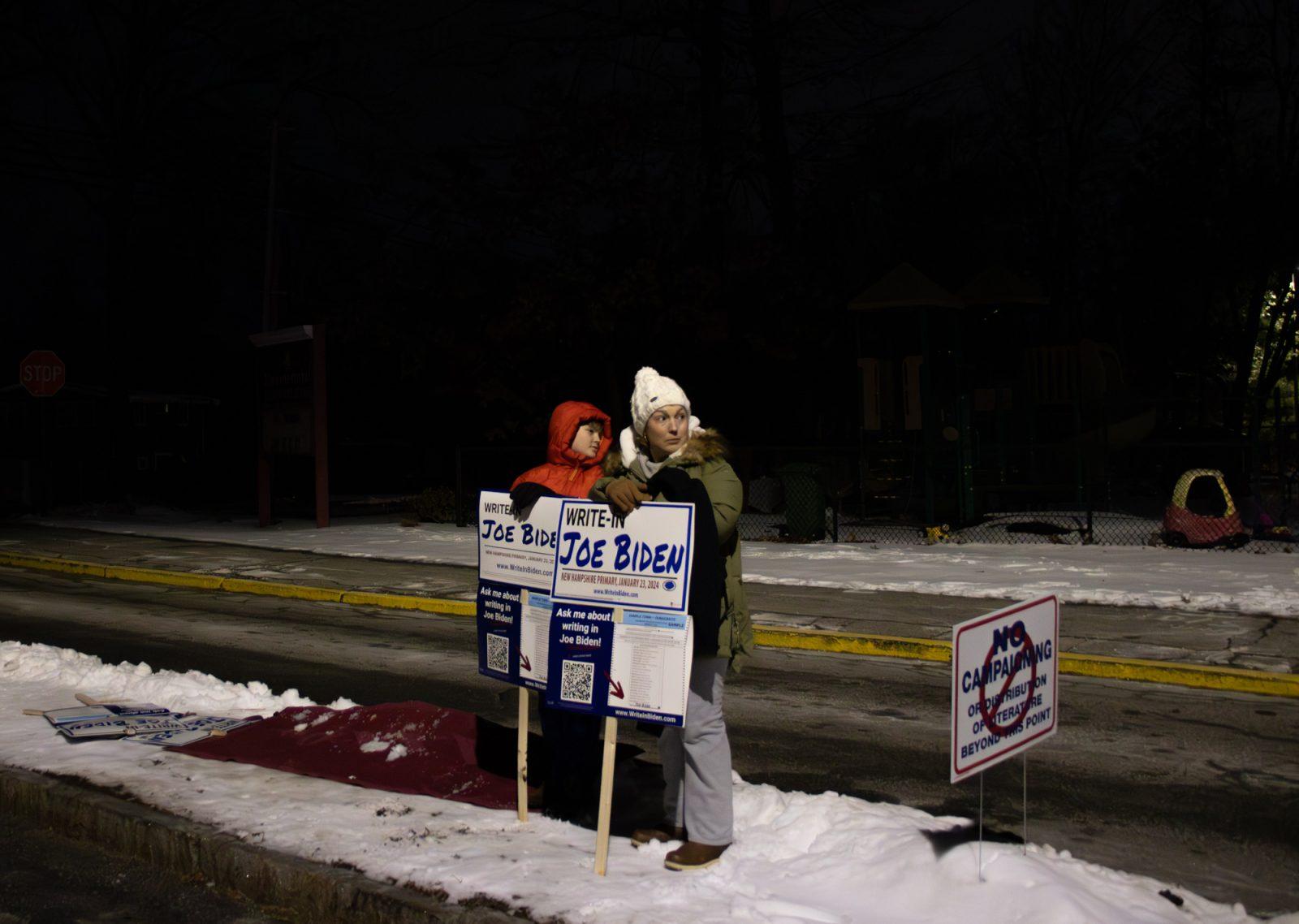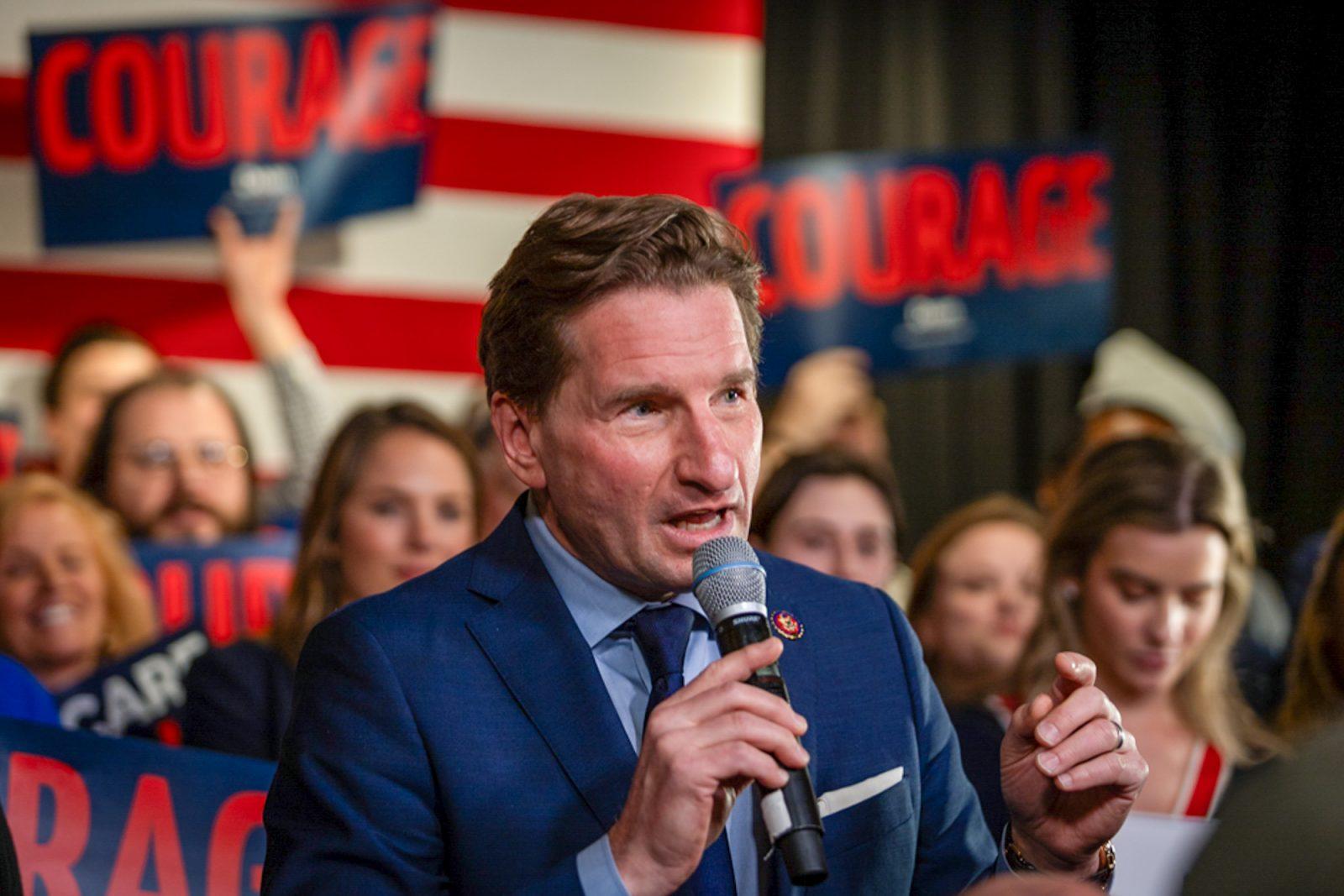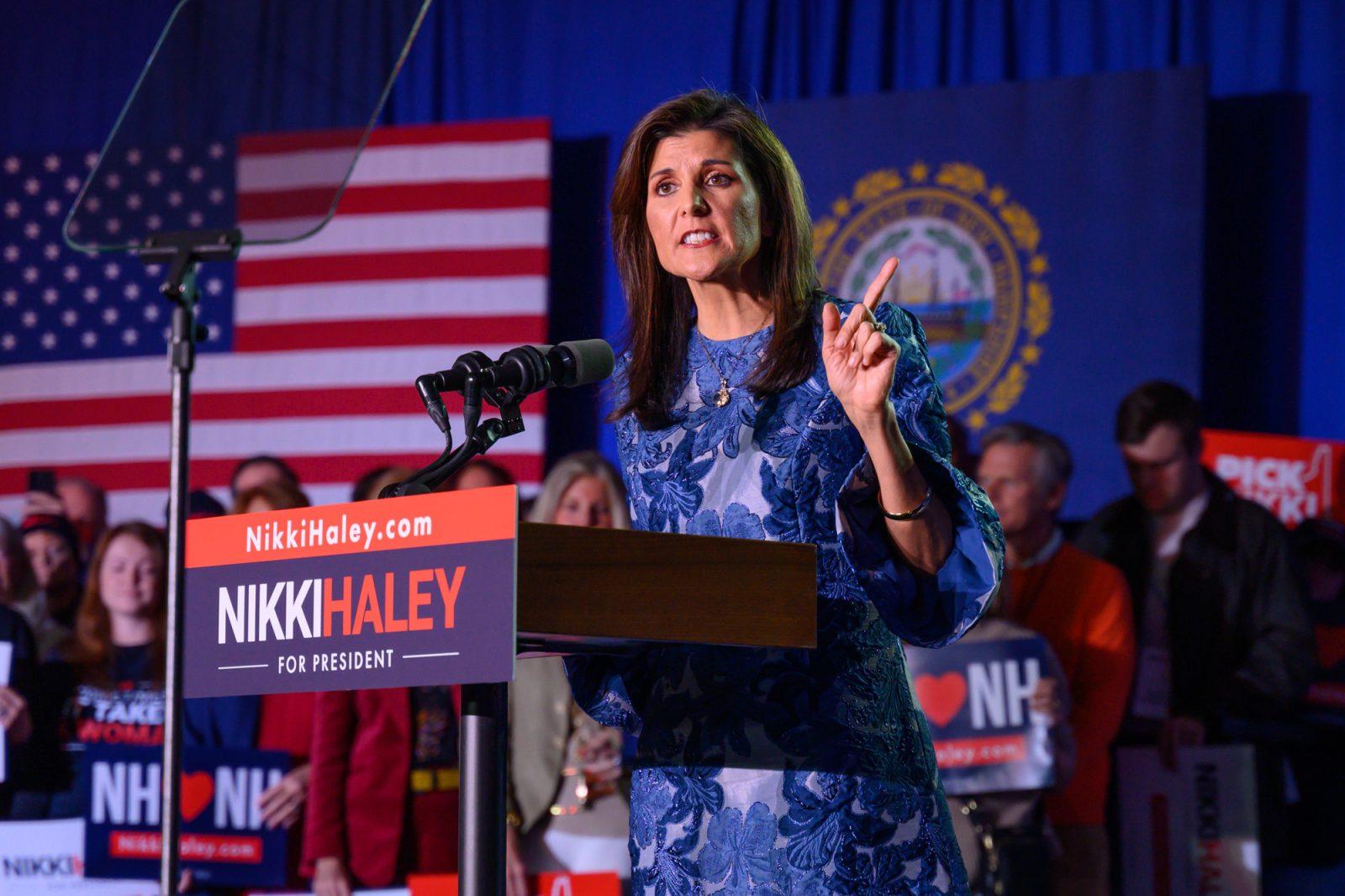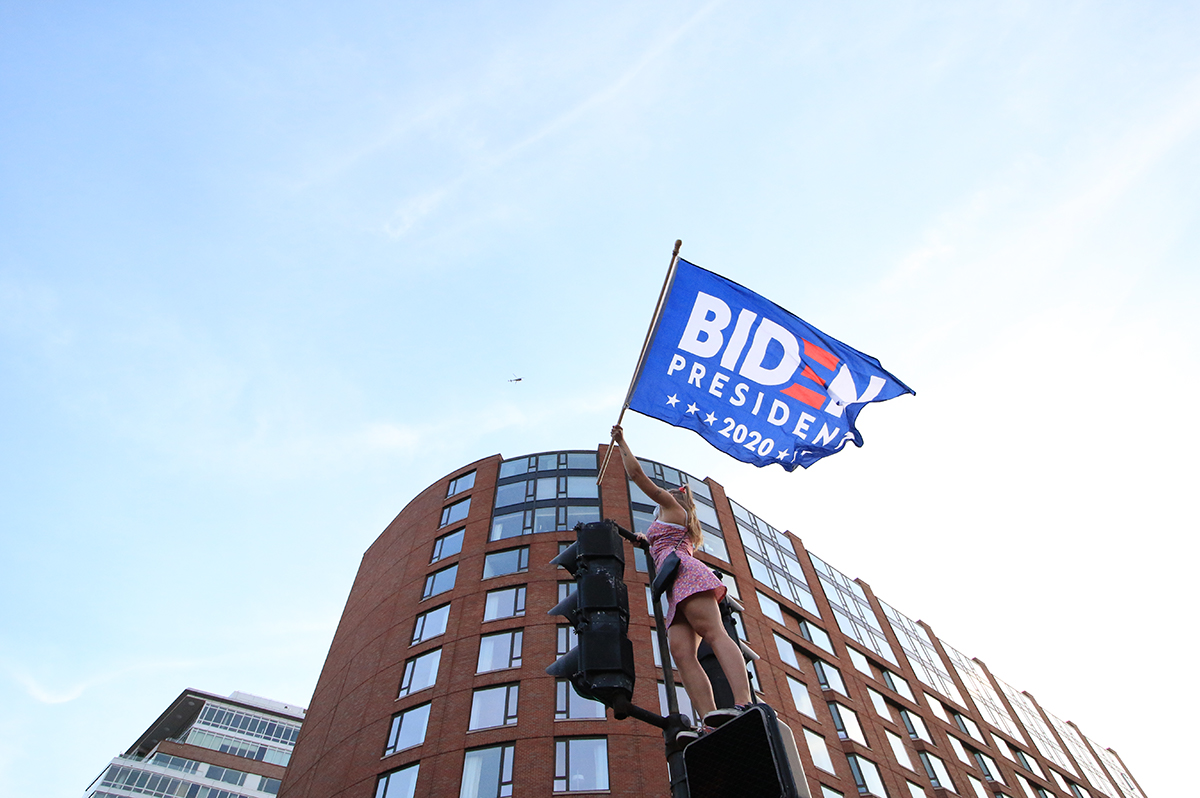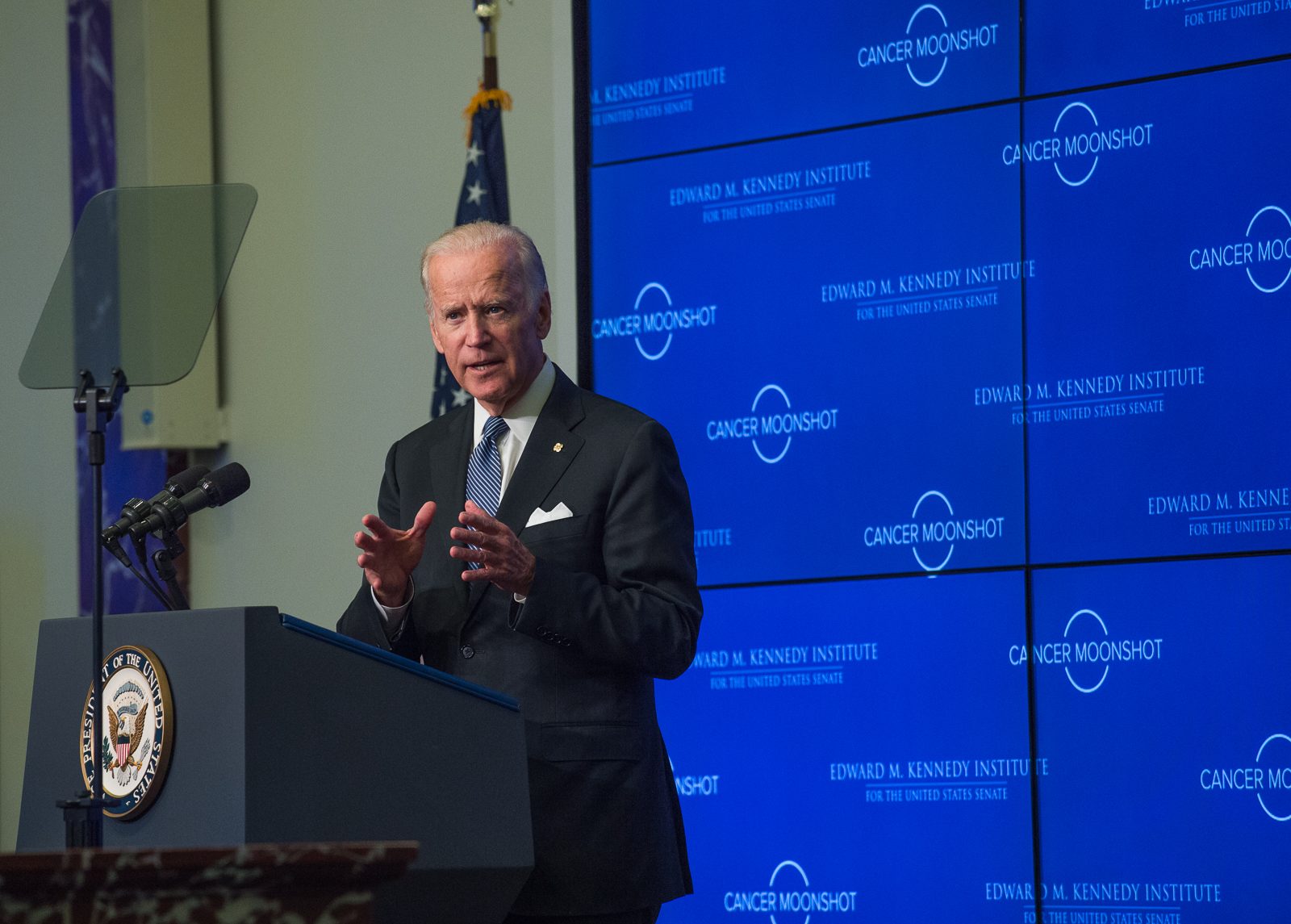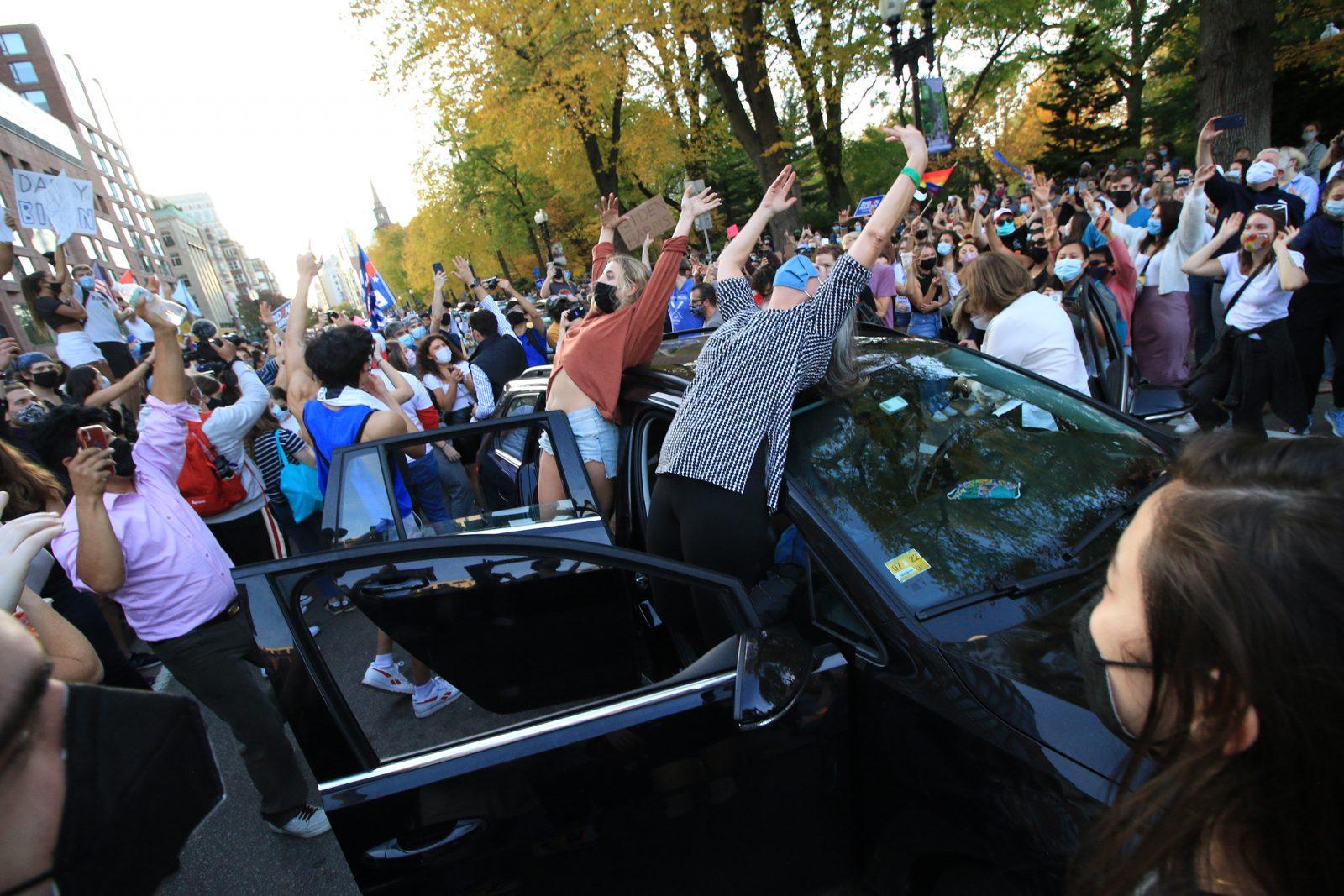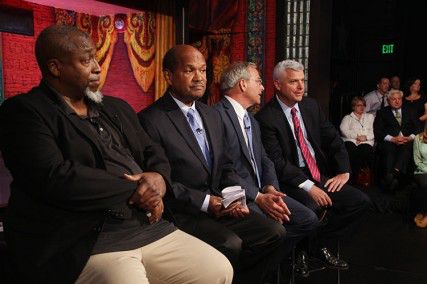
In the first televised debate before the primary, the 12 candidates running to replace Boston Mayor Thomas Menino squared off Monday night covering issues such as Boston Public Schools, around-the-clock public transportation and the casino deal in East Boston.
Alison King of New England Cable News and Joe Bettenfeld of the Boston Herald moderated the debate at Suffolk University’s Modern Theatre.
Suffolk District Attorney Dan Conley — the only candidate who does not send his kids to public schools — said the BPS systems need to improve so more parents want to send their kids to them.
“Parents don’t play politics with their kids education,” he said. “I care very deeply about the school’s education reform … it is the key to a great middle class.”
Mass. Rep. Marty Walsh also said he would work on reforming BPS.
“I’m in this race to transform our schools,” he said. “If we want safer streets and a better economy, we need better schools.”
City Councilor Mike Ross and Community Organizer Bill Walczak both argued that 24/7 transportation is necessary to keep the Boston economy moving, even though it would mean higher taxes for citizens.
“I do support around-the-clock public transportation,” Ross said. “It’s our job to make sure it’s funded because it’s a problem for growth in our city.”
Walczak said the Innovation District in South Boston is being strangled by the lack of public transportation.
Former Mass. Rep. Charlotte Golar Richie said she is apprehensive about raising taxes on residents of Boston.
“If you want to take on the job of raising taxes, you have to educate the electorate to let them know exactly how they can be part of the advocacy piece,” she said. “We just emerged from a big recession and timing is everything.”
Former Boston Police Department officer and co-owner of TOUCH 106.1FM Charles Clemons said he wants to tax colleges and universities in Boston to fund around the clock transportation.
“The people are tired of paying taxes,” he said. “If we could get the colleges and universities to pay the same amount of taxes we pay, we could get $47 million a year.”
Tension rose between the candidates when they were asked about the casino development in East Boston.
City Councilor John Connolly said only residents of East Boston should be allowed to vote if the casino should be built.
“I understand why many [residents] in Boston want to vote and that the whole city will be impacted,” he said. “But people in East Boston want to decide something that will so disproportionally impact them … the right thing to do is have an East Boston vote, to let the most impacted people decide.”
Conley said the casino will change Boston as a whole and that the decision should be citywide.
“Its not a matter of local zoning at all … it’s going to affect our character, our culture and it needs a citywide vote,” he said. “We should have a vigorous and robust public debate about whether or not this is where we want it to go.”
Richie said the casino would help fund important projects that she considered public health disasters.
“This is not a disaster,” she said. “A disaster is gun violence in streets … I would take some of that revenue and put it towards crime prevention centers.”
Clemons, however, said gambling is a disease that leads to poverty, unemployment, drugs and crime in cities.
City Councilor Robert Consalvo said the legislature had already decided and that the casino debate was pointless.
“This issue is that the law has already passed, it’s a legal permanent business,” he said. “It’s going to bring millions of dollars of new revenue to Boston.”
Boston.com will be holding debates with all the candidates on Tuesday, Wednesday and Thursday this week leading up to the primary, which will be held on Sept. 24.





















































































































